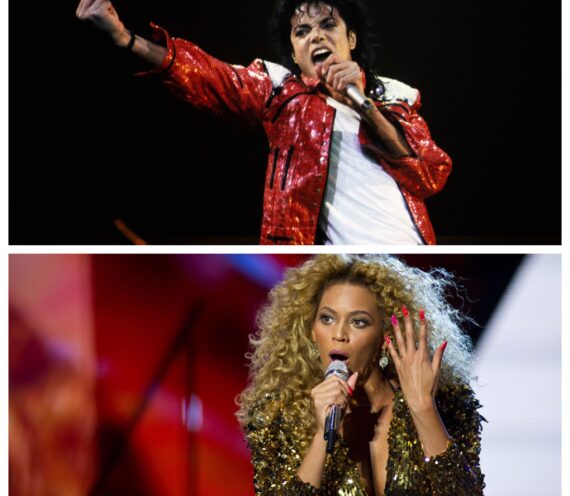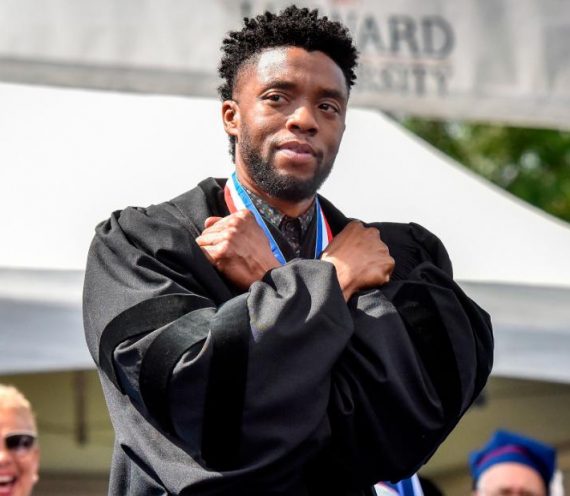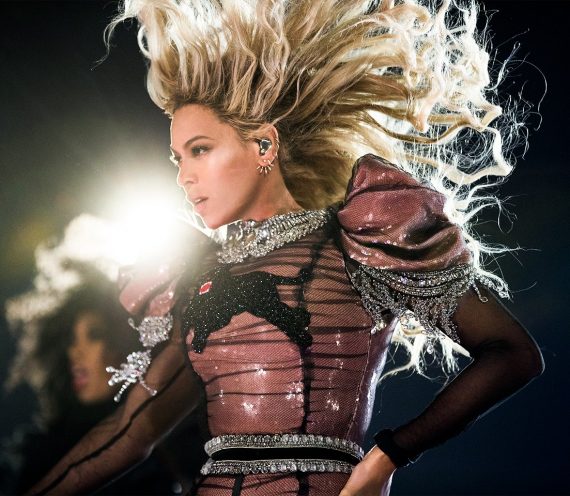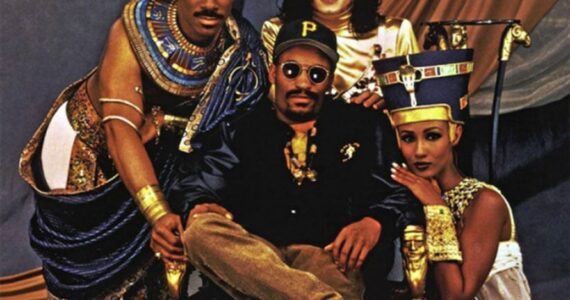Girlfriends TV Show – Culture Classics
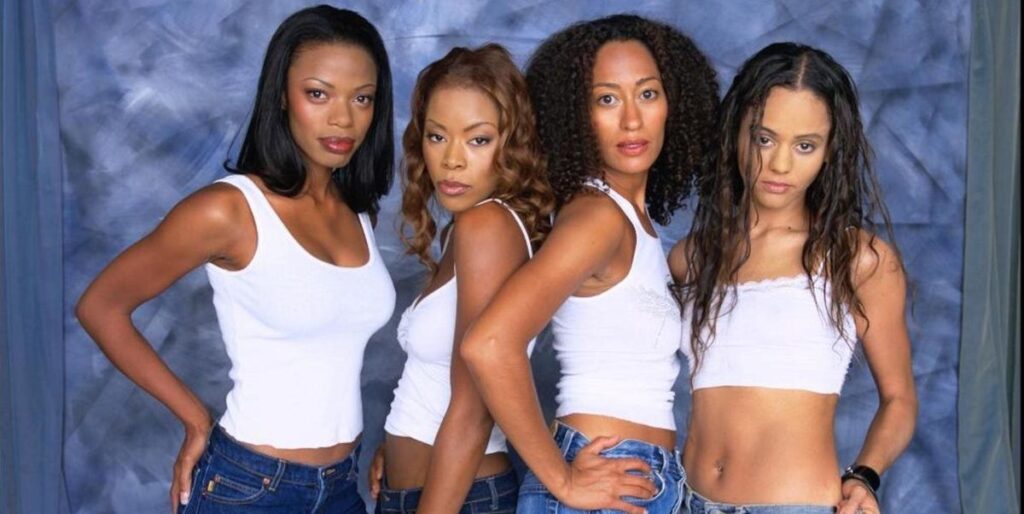
#RunTheCulture
In the world of television, representation matters. Stories and characters that reflect diverse backgrounds and experiences not only entertain but also empower and educate audiences. One such iconic TV show that championed the cause of representation is “Girlfriends,” a groundbreaking series that highlighted the lives and relationships of four strong, intelligent, and independent black women. The significance of black female representation on “Girlfriends” extends far beyond entertainment, as it resonates with audiences and brings forth a sense of inclusivity, validation, and inspiration.
First aired in the early 2000s, “Girlfriends” followed the lives of Joan, Maya, Lynn, and Toni, four best friends navigating their careers, friendships, and love lives in Los Angeles. The show broke away from conventional stereotypes often attributed to black women on television at the time and instead depicted them as multifaceted, relatable characters, each with their own dreams, struggles, and triumphs. By doing so, “Girlfriends” shattered barriers and offered an authentic portrayal of black women, addressing issues that are rarely explored on mainstream TV.
One of the most significant contributions of “Girlfriends” was the affirmation of black female friendships. The bond between the four leads was central to the show, demonstrating that sisterhood and support can be powerful tools in overcoming challenges. This portrayal shot down the myth of division and rivalry between black women, showcasing unity and solidarity instead.
Moreover, the show delved into the complexities of black women’s professional lives. Joan’s journey as a successful lawyer, Maya’s evolution from a secretary to a published author, Lynn’s exploration of her biracial identity, and Toni’s entrepreneurship all defied stereotypes and offered aspirational role models for black women pursuing their dreams. Seeing women who looked like them excel in various fields sent a strong message of encouragement and determination.
“Girlfriends” also played a crucial role in addressing social and cultural issues, shedding light on themes like race, gender, and self-identity. It was unafraid to tackle these sensitive topics head-on, leading to meaningful conversations and fostering greater understanding among viewers from all backgrounds.
The impact of “Girlfriends” reverberated beyond its original run, influencing a new generation of writers, producers, and actors to strive for more diverse and authentic representation in media. The success of this show paved the way for the rise of other notable TV series centered around black women, ultimately enriching the television landscape.
“Girlfriends” holds an enduring place in television history due to its unwavering commitment to authentic black female representation. By portraying black women as multifaceted individuals with diverse experiences and ambitions, the show challenged stereotypes, celebrated sisterhood, and addressed pertinent issues. Its influence not only empowered black women but also highlighted the need for diversity and inclusivity in entertainment, inspiring a positive shift in media representation for years to come.
#RunTheCulture
We hope you enjoyed this look at the Culture Classic Girlfriends TV Show. Check out our take on take on the classic series Martin HERE.
Written by @TalentedMrFord

